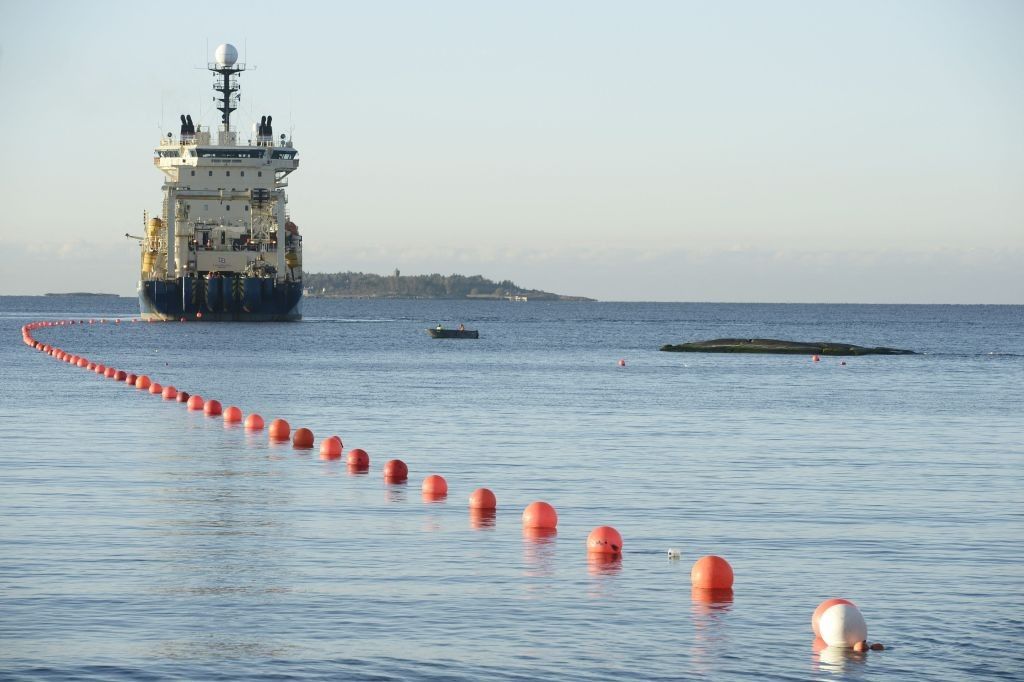At the end of his visit to Asia, German Vice Chancellor Robert Habeck had some advice for his fellow Europeans. In order to compete with China, European nations had to stand together, Habeck told journalists in the in the city of Hangzhou.
"I believe we have to face the facts about this competition," Habeck, who is also Germany's minister for Economic Affairs and Climate Action, said. "In Germany, we also use the word 'competition.' Neglecting the issue, being lazy or complacent about it, is not the right option."
At the same time that argument shouldn’t go to extremes, Habeck noted. One should not see the other simply as a competitor or as an enemy of sorts. It was important to develop better understanding of the other's position, he said.
"My opinion is that the biggest nations — the ones with whom we as Europeans are competing — actually already have very precise plans about where they want to be in 10, 20, or even 30 years. They also provide the means to implement those plans, everything from financial resources to a robust foreign and international trade policy," he argued.
And the problem was, Habeck added, that Europeans didn't have a similar plan as solid as that. European nations should be drawing consequences from this new era of competition and needed to come together to act at the global level, he said.
Of course, it was important to have internal debates, such as those being held in Europe and inside Germany, Habeck stated. But we cannot afford to lose sight "of what is actually happening on the geopolitical level."
Fears that China overtaking car country Germany
The German politician, one of the leaders of the Green party, also spoke about climate change during his visit to China.
The world's goals around climate change and protecting the environment cannot be achieved without China, he said. At the moment other issues seem to be distracting from global warming, Habeck said. "But without China, we won't be able to achieve global environmental goals."
That is why it was particularly important to strengthen cooperation with the Chinese on this topic, Habeck added.
During the conversations he had had in China, it had been explained to him that China was budling coal-fired power plants for reasons of energy security. In fact what China needed was a secure alternative to coal, Habeck said. What China apparently did not need was lectures on how emissions were bad for the planet. The Chinese are very well aware of that, he concluded.
haz/mak (dpa, afp, rtr)
This story was originally written in German.

 4 months ago
14
4 months ago
14









